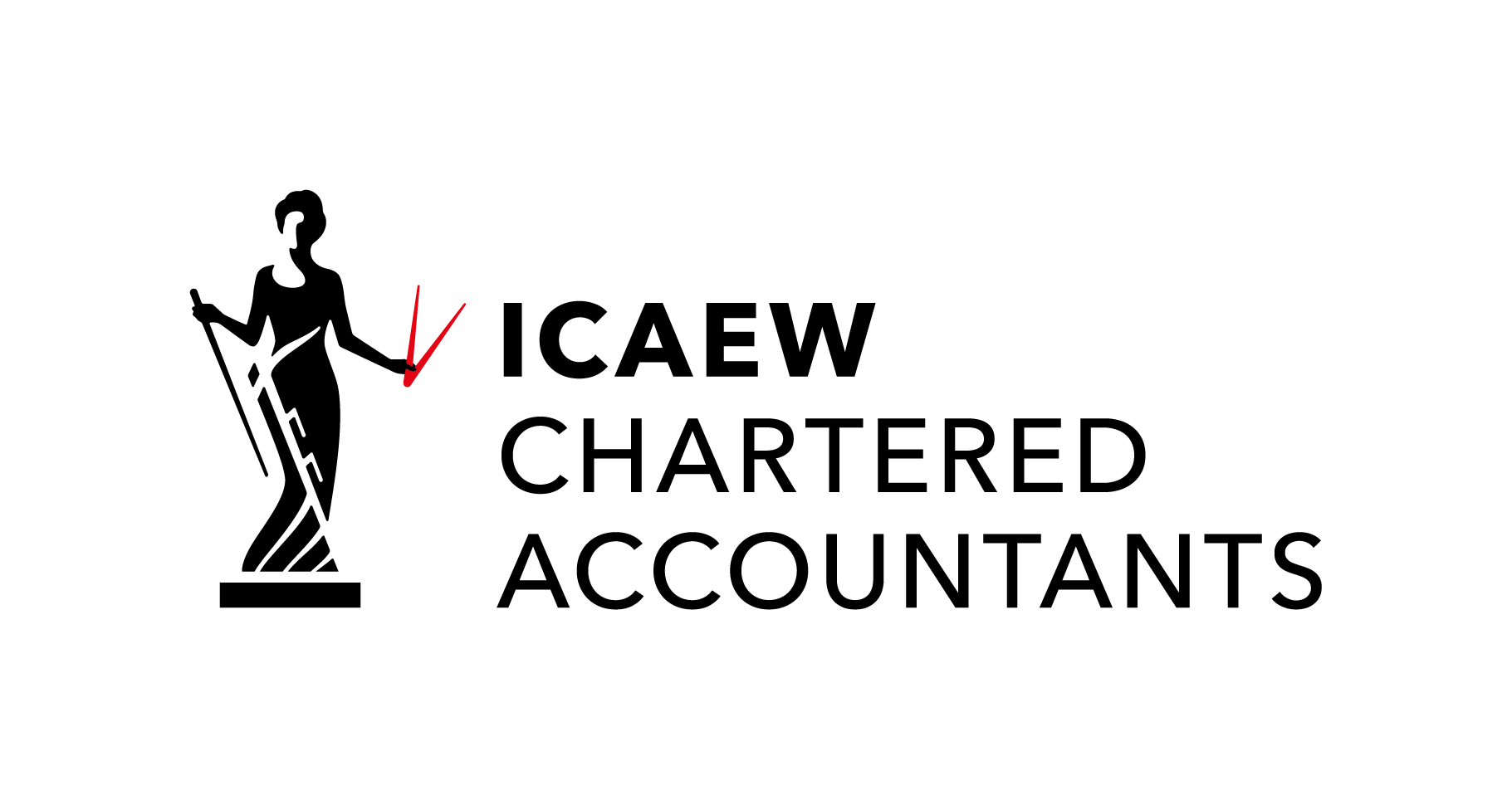Kirk Johnson
PROPERTY INVESTOR
Kirk was delighted with this unexpected refund
Kirk rang us about the SDLT relief available where a property has been the main residence of someone who has died, and is being sold by the executors. This provides 100% exemption and is a relief available only to property traders (not property investors) and there are a few conditions.
Typically these properties are purchased with a view to refurbishment and selling on, but there is a limit on how much you can spend, and this is the greater of £10,000 or 5% of the purchase price (with a cap of £20,000). Exceed this and you will lose the relief. In Kirk’s case his spend was well within the 5% band.
The first surprise was that the property was actually in Wales! Kirk is based near the Welsh border and explained that he deals with both Welsh and English properties. England and Wales is one legal system (unlike Scotland, which counts as a foreign country as far as legal jurisdiction goes). However since 1 April 2018, SDLT no longer applies to land transactions in Wales and has been replaced by Land Transaction Tax (‘LTT’) and dealt with by the Welsh Revenue Authority, not HM Revenue & Customs. So our first task was to check the rules for LTT, which in this case corresponded to the rules for SDLT.
However, we were not home and dry yet! Kirk had purchased the property (though his limited company) in early January 2020 with the intention of carrying out the refurbishment and selling on. What happened? The COVID-19 pandemic was in full swing by the time he was ready to sell and buyers were thin on the ground, so he very sensibly decided to let the property short-term and entered into a six-month tenancy. The problem was that one of the other conditions for getting the exemption is that the purchaser does not create a lease or licence for occupation.
So it looked as if Kirk wouldn’t qualify for the 100% relief - or so we thought!
Certainly the HMRC SDLT Manual indicated that this was the case, but we went back to the actual statutes to check the provisions. For both SDLT and LTT the exact wording is that the purchaser ‘ does not intend to create a lease or licence of the dwelling’. Kirk could demonstrate that he only decided to let when, as a result of the pandemic, the sales market had gone flat. At the time of purchase his intention was to refurbish and sell on.
With Kirk’s agreement, we proceeded with the claim, making full disclosure of the change in intention between buying in January 2020 and letting in March 2020. The Welsh Revenue Authority proved amenable to this line of argument and did not in fact ask for any further evidence, although Kirk had told us that he could provide details of the marketing for sale. We therefore recovered for him the full LTT paid in purchase - £3,450 - plus a small sum by way of interest. Kirk was delighted with this unexpected refund.
In this case the Welsh LTT corresponded with the SDLT rules, but we did discover one point of difference. The general rule with HMRC is that they have a nine-month window in which to raise a challenge (which could be as a result of random compliance checks), but our view is that it is very unlikely that they would seek to re-open a case which they have already checked in detail. The Welsh Revenue window of enquiry is 12 months!







